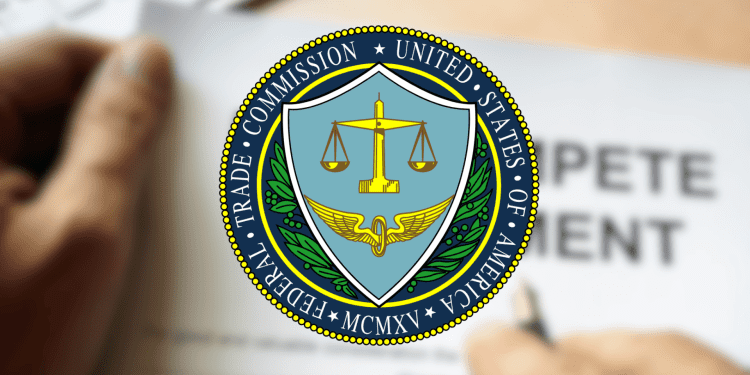• The Federal Trade Commission issued a final rule banning noncompete clauses nationwide
• The rule aims to promote competition, increase worker wages, lower healthcare costs, and boost innovation and new business formation
• Existing noncompetes for senior executives earning over $151,164 can remain in force, but new noncompetes are prohibited even for senior executives
The Federal Trade Commission (FTC) issued a final rule banning noncompete clauses nationwide to promote competition, protect worker freedom, and boost the economy.
Background on Noncompetes
Noncompete clauses prevent workers from taking a new job or starting a new business in the same field after leaving a company. An estimated 30 million American workers, or nearly 1 in 5, are subject to noncompetes. These clauses suppress wages, stifle innovation, and limit opportunities.
Key Effects of the Ban
New Business Formation
The FTC estimates over 8,500 additional new businesses will be created each year once noncompetes are banned.
Higher Wages
Average annual worker earnings are expected to increase by $524 once noncompetes are eliminated.
Lower Healthcare Costs
Banning noncompetes could lower healthcare costs by up to $194 billion over the next decade.
Increased Innovation
Eliminating noncompetes is projected to boost new patents by 17,000 to 29,000 annually over the next 10 years.
Details of the Final Rule
The FTC rule makes existing noncompetes unenforceable after the effective date, except for senior executives earning over $151,164 annually. Employers cannot enter or enforce any new noncompetes.
Employers must notify workers bound by existing noncompetes that they will not be enforced in the future. The rule provides model language employers can use for this notice.
The final rule will take effect 120 days after being published in the Federal Register. Violations can be reported by emailing noncompete@ftc.gov.
Statement from FTC Chair Lina Khan
“The FTC’s final rule to ban noncompetes will ensure Americans have the freedom to pursue a new job, start a new business, or bring a new idea to market,” said Chair Khan. The vote to approve the rule was 3-2, with two Commissioners voting no. Their statements will be released later.














